Leading with Aroha (Love)
Meeting the diverse needs of the community
Enliven is a service of Presbyterian Support East Coast (PSEC), a keystone of social services in New Zealand’s Hawke’s Bay and Tairāwhiti regions since its establishment in 1946. The organization has served the community for 79 years, providing crucial support in the social service, health, and disability sectors.
As one of seven regional autonomous organizations under the national Presbyterian Support Federation, PSEC operates independently while collaborating with its sister organizations to share best practices and insights. PSEC began with forming the Presbyterian Social Services Association of Hawke’s Bay and Poverty Bay. Over time, PSEC expanded its focus to respond to broader community needs, reflecting a commitment to adaptability and growth.
Adapting to changing needs
Over the decades, PSEC has evolved from its initial focus on children’s services to a comprehensive provider addressing the diverse needs of its communities. For over forty years now the organisation has been supporting younger adults living with complex physical disabilities with a local approach. The team also supports older people to stay independent and connected while living at home.
Dr. Sanja Majstorović, Chief Executive Officer, who has been at the helm for over 14 years, says that PSEC continues to embody its mission of leading social change with courage, care, and aroha (love).
Pillars of support
PSEC’s annual cost of services provided is approximately $15 million, with around 70% of its funding from government contracts negotiated across various ministries. The remaining income is generated through internal investments and fundraising efforts, underscoring the importance of community support. The organization employs over 200 staff members and relies on the invaluable contributions of approximately 100 volunteers to sustain its diverse programs.
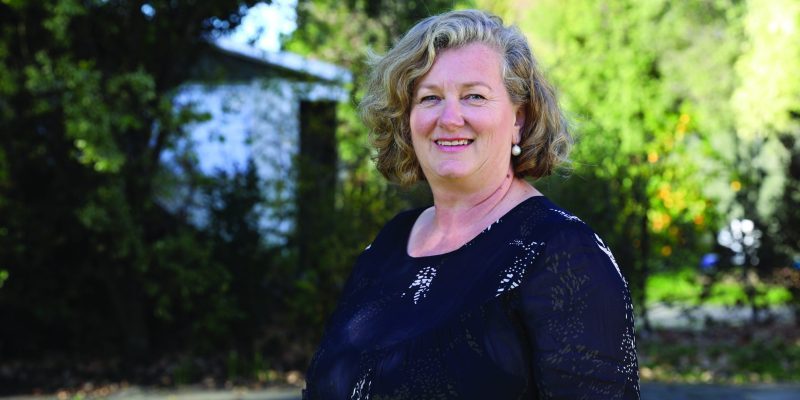
Enliven is a service of PSEC and supports older people and disabled people. Enliven Disability serves younger disabled adults with tailored support. The passionate disability team works alongside disabled people to explore and experience their good life in the community and in a home that meets their needs. The youngest client is 26 years old which highlights the need for age-appropriate accessible homes beyond traditional elder care facilities. Due to a lack of disability housing, many younger disabled adults find themselves in unsuitable or unhealthy living environments.
Enliven Disability doesn’t have a set housing model that a person must fit into, rather the team serve people in all sorts of different living environments. Enliven operates residential service sites with up to 24/7 support where needed and also supports people in their own home in the community. The residential service is designed to create life-long homes for unique individuals, including those recovering from brain injuries, born with cerebral palsy, or living with conditions such as multiple sclerosis. “One of our key priorities is ensuring that younger people with physical disabilities have a safe and nurturing environment to call home,” says Dr. Majstorović. “Our new accessible Rowan Apartments building project is essential in achieving this goal.”
Enliven Older People service supports over 200 older people to remain in their own homes and in the community. Many elderly individuals prefer to remain in their own homes rather than move into full-time care facilities and Enliven provides the necessary support to make this possible. “We believe in giving older adults the option to stay within their communities, surrounded by familiar faces and routines,” says Dr. Majstorović. “This improves their quality of life and reduces the strain on the healthcare system.” Individuals live independently in their homes while receiving critical daily support—sometimes up to three visits per day—from Enliven’s dedicated multi-disciplinary team. This alternative to rest home care provides significant cost savings, with government subsidies estimated to be 50% lower than traditional residential care options.
Enliven Older People also provide upbeat modern day programs to keep elderly individuals active, engaged, motivated, and socially connected. A large portion of these clients live with dementia, a condition that has seen an increasing prevalence over the years. A sharp rise in dementia cases is anticipated over the next decade, making these services even more critical. Each service is crucial in supporting individuals and families throughout the region, ensuring they receive the support, guidance, and resources they need to thrive.
Advocacy for systemic change
Beyond direct service delivery, PSEC is committed to advocacy efforts that drive systemic change. The organization actively engages with policymakers, government agencies, and sector leaders to push for policies that improve social services and protect underserved populations. By leveraging its expertise and data-driven insights, PSEC plays an essential role in influencing decisions that affect the communities it serves.
Dr. Majstorović highlights the importance of advocacy, stating, “Providing high-quality care is only part of our mission. We are also responsible for advocating for policies that support long-term, sustainable change. Our work must extend beyond service provision to ensure the broader social systems are equipped to meet the needs of our communities.”
One key area of PSEC’s advocacy is securing more stable, long-term government funding for essential services. Many PSEC government contracts operate on short-term cycles, making long-term planning difficult. By working closely with national and regional policymakers, PSEC has highlighted the critical need for multi-year funding models that provide stability and allow for meaningful infrastructure and program development investments.
Culturally responsive care
Another critical area of advocacy is ensuring culturally responsive care. PSEC has been at the forefront of promoting cultural competency within the social services sector, particularly about Māori and Pasifika communities. The organization has developed cultural training programs for staff and continuously refines its services to align with the values and traditions of the diverse populations it serves. “Respecting and integrating cultural practices into our services is fundamental to providing effective care,” explains Dr. Majstorović. “We must ensure that our services are accessible but also culturally safe and inclusive.”
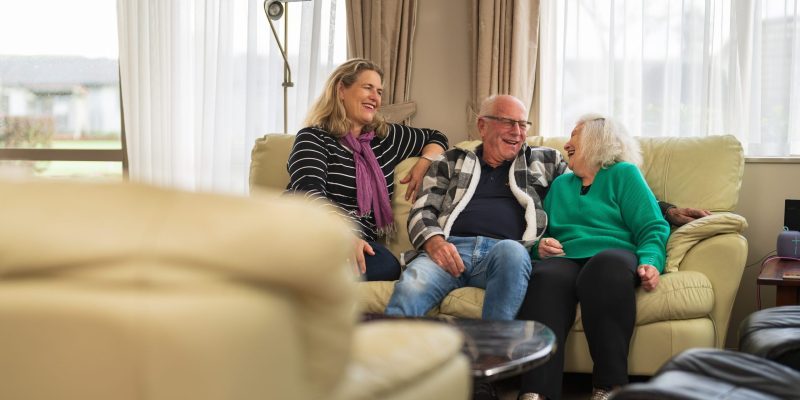
PSEC also collaborates with other social service organizations and advocacy groups to amplify its impact. By participating in sector-wide initiatives, the organization helps to address systemic issues such as poverty, family violence, and mental health challenges. Through research and evaluation, PSEC contributes to national discussions on best practices and policy reforms that can enhance the quality of life for New Zealanders in need.
Leading with compassion
PSEC’s success is deeply rooted in its community engagement; with 100 volunteers, the organization thrives on local involvement. Volunteers support daily operations, especially in PSEC’s charity shops in Havelock North and Taradale, where all profits directly support PSEC’s work. Young people volunteer at Enliven Disability to gain valuable hands-on experience in the health sector and often they are inspired to study further and pursue a career in healthcare. “You are an important part of PSEC, whether you are a donor, a volunteer, a staff member, or a business supporter,” Dr. Majstorović explains.
In addition to direct engagement, PSEC provides platforms for community members to voice concerns and collaborate on solutions for local social challenges. Regular town hall meetings, community outreach programs, and digital forums allow residents to contribute feedback, ensuring that PSEC’s services remain relevant and responsive to actual needs. “A strong community is one where people feel empowered to participate in shaping the support structures around them,” says Dr. Majstorović. “Our role is to provide services and create spaces where people feel heard and valued.”
PSEC also recognizes the importance of intergenerational connections. Many of its programs encourage interaction between younger and older generations, fostering mutual learning and emotional support.
Expanding community-based support
Recognizing a gap in services for younger individuals living with physical disabilities, PSEC invested over $3.5 million into the Rowan Apartments accessible building project. Scheduled for completion in 2025, these state-of-the-art apartments will provide up to 24/7 residential support and create an environment conducive to the development and independence of residents. “There is a significant shortage of accessible homes catering to younger individuals with complex physical disabilities,” says Dr. Majstorović. “We are addressing this need by building the Rowan Apartments, which will offer a much-needed solution for those seeking an alternative to traditional elderly care facilities or other unsuitable living environments.”
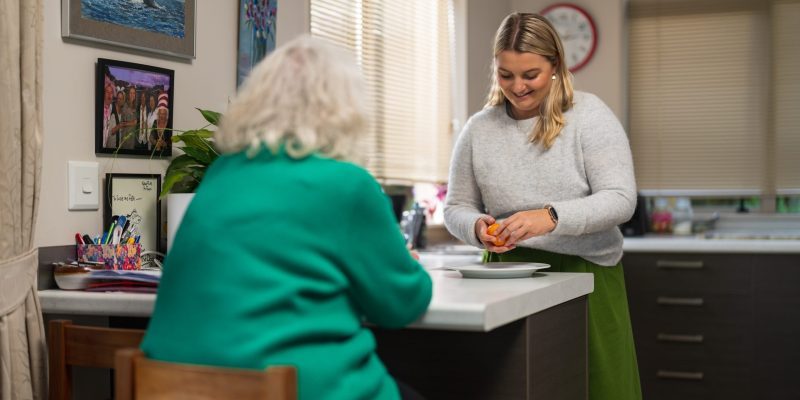
PSEC is also committed to leveraging technology to improve service delivery. Plans are underway to integrate smart home technology into future residential developments, allowing residents to have greater autonomy over their living spaces through voice-activated controls and remote monitoring for enhanced safety. “Innovation in care goes beyond buildings—it’s about integrating technology that empowers our clients to live as independently as possible,” Dr. Majstorović explains.
79 years of impact
Looking ahead, PSEC’s strategic growth plan includes further investment into disability services while continuing to lead social change to see communities reach their potential. In everything this team does, they are guided by a commitment to sustainability and good governance, safeguarding both people and the planet. Through a combination of infrastructure development, technological advancements, and workforce empowerment, PSEC is laying the foundation for a future where high-quality social services remain sustainable, accessible, and responsive to the evolving needs of the East Coast community.
At a Glance
Who: Enliven
What: Enliven is a service of Presbyterian Support East Coast, a not-for-profit charity established in 1946, dedicated to leading social change by supporting children and their whānau, older people, and individuals with disabilities.
Where: New-Zealand
Website: www.psec.org.nz
PREFERRED VENDORS/PARTNERS
Gemco Group – www.gemcogroup.com
For over 20 years, Gemco has been crafting Hawke’s Bay’s most iconic buildings, from the MTG to the new Kaweka Hospital. With 130+ professionals and expertise spanning commercial, healthcare, and education sectors, we’re more than builders—we’re community shapers. Every project reflects our commitment to innovation, quality, and local excellence.
Davcon – www.davcon.co.nz
Davcon specialises in architectural residential builds, bespoke renovations, and architectural landscaping across Hawke’s Bay, delivering high-quality craftsmanship and seamless project management. Led by third-generation builder Julian Davis, our award-winning team brings creativity and precision to every project. From concept to completion, we build with passion. Learn more at our website above.
Tess Fenwick Architects – www.tessfenwick.co.nz
Tess Fenwick Architects is a small boutique practice located in Hawkes Bay specialising in bespoke residential, alterations, hospitality, healthcare, and commercial projects. We are driven to provide uplifting, carefully considered and beautiful living and working environments which exceed expectations and make everyday experiences more enjoyable.

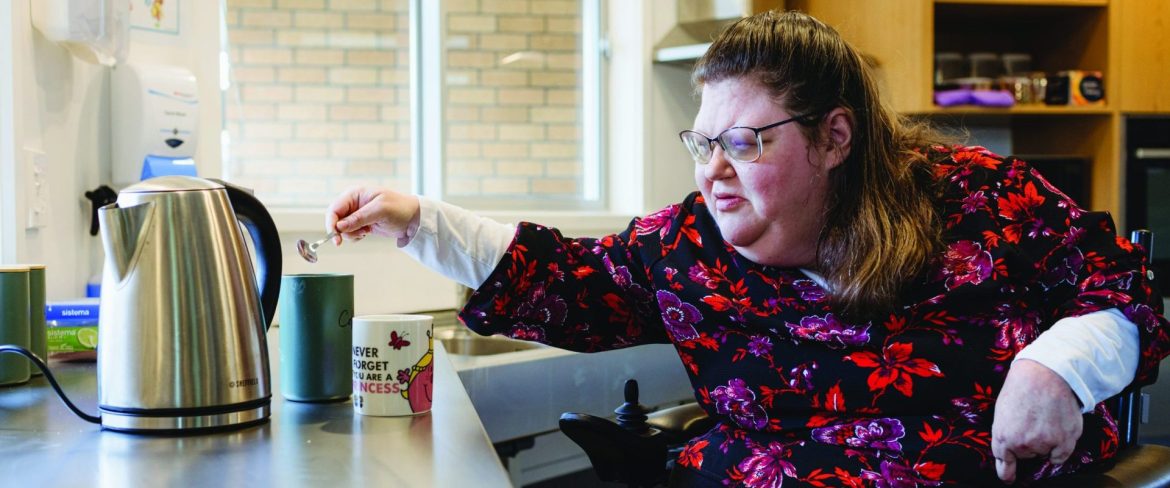
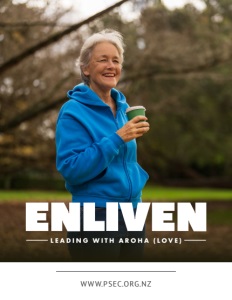

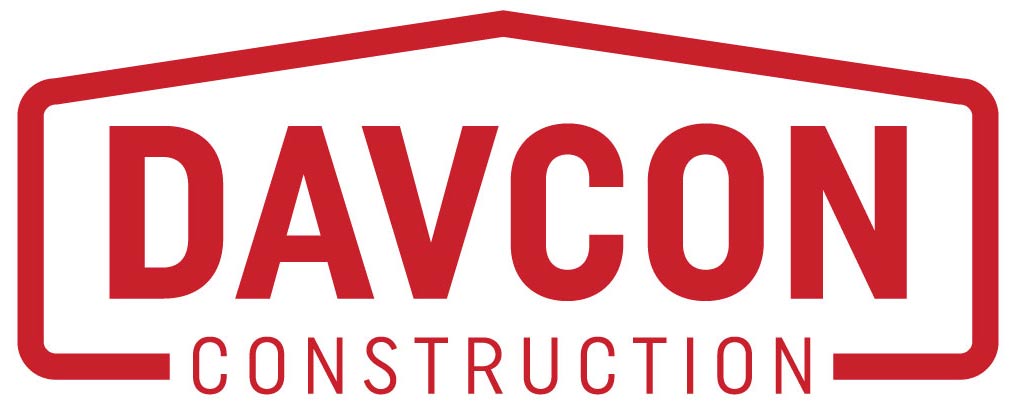
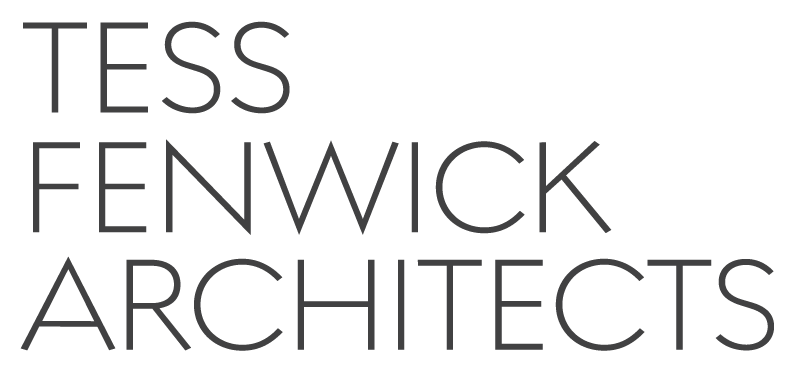
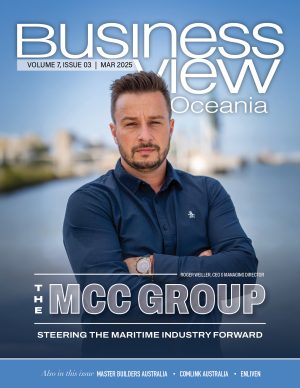
 This information will never be shared to third parties
This information will never be shared to third parties